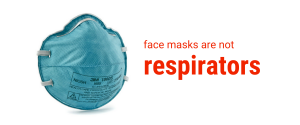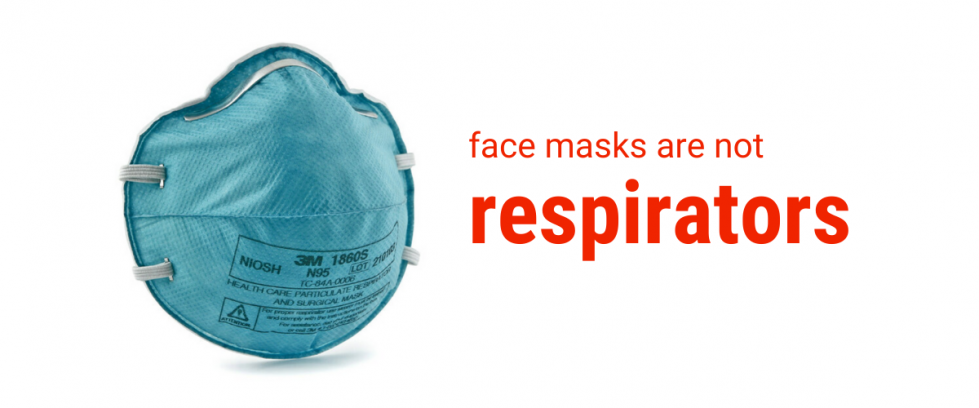 “The gravity of the situation calls for better protection against COVID-19 for [any] health care workers who work in an environment where they will be in close proximity to patients who have or may have the virus to wear N95 respirators or higher models with better protection that what is currently used,” says Sherry Hillier, president of CUPE Newfoundland Labrador.
“The gravity of the situation calls for better protection against COVID-19 for [any] health care workers who work in an environment where they will be in close proximity to patients who have or may have the virus to wear N95 respirators or higher models with better protection that what is currently used,” says Sherry Hillier, president of CUPE Newfoundland Labrador.
“The health care job classifications include all hospital, long term care, and community-based care work,” adds Hillier. “Many staff come in contact with patients in the course of a day – housekeeping, dietary, custodians, therapists, technicians and others. Paramedics, ambulance attendants, firefighters, home support workers and community health care workers should also be included.”
There are a number of respiratory protection products on the market. They do not all offer the same level of protection. Studies show that health care workers are contracting COVID-19 more frequently than other workers. Health care workers require greater protection than they have now.
CUPE’s Health and Safety Representative Jenna Brookfield says, “Since the pandemic began there has been mounting evidence of the potential for airborne transmission of COVID-19. With the additional risk of more contagious variants, better, properly fitted respirators for [any] workers who may have to care for COVID-19 patients are not just required, they should be ‘mandatory’.”
We encourage workers to visit our website for more information about respirators and how to stay safe at work. Download CUPE’s Respiratory Protection Fact Sheet or visit the COVID-19 section on cupe.ca.
About CUPE NL
The Canadian Union of Public Employees (CUPE), Newfoundland and Labrador Division, represents more than 6,300 working women and men 60 locals. The union represents workers in health care, long term care, school support and education, public housing, provincial libraries, municipalities, university, childcare, recycling, social services and transition houses, group homes, PAL Airlines and more.

